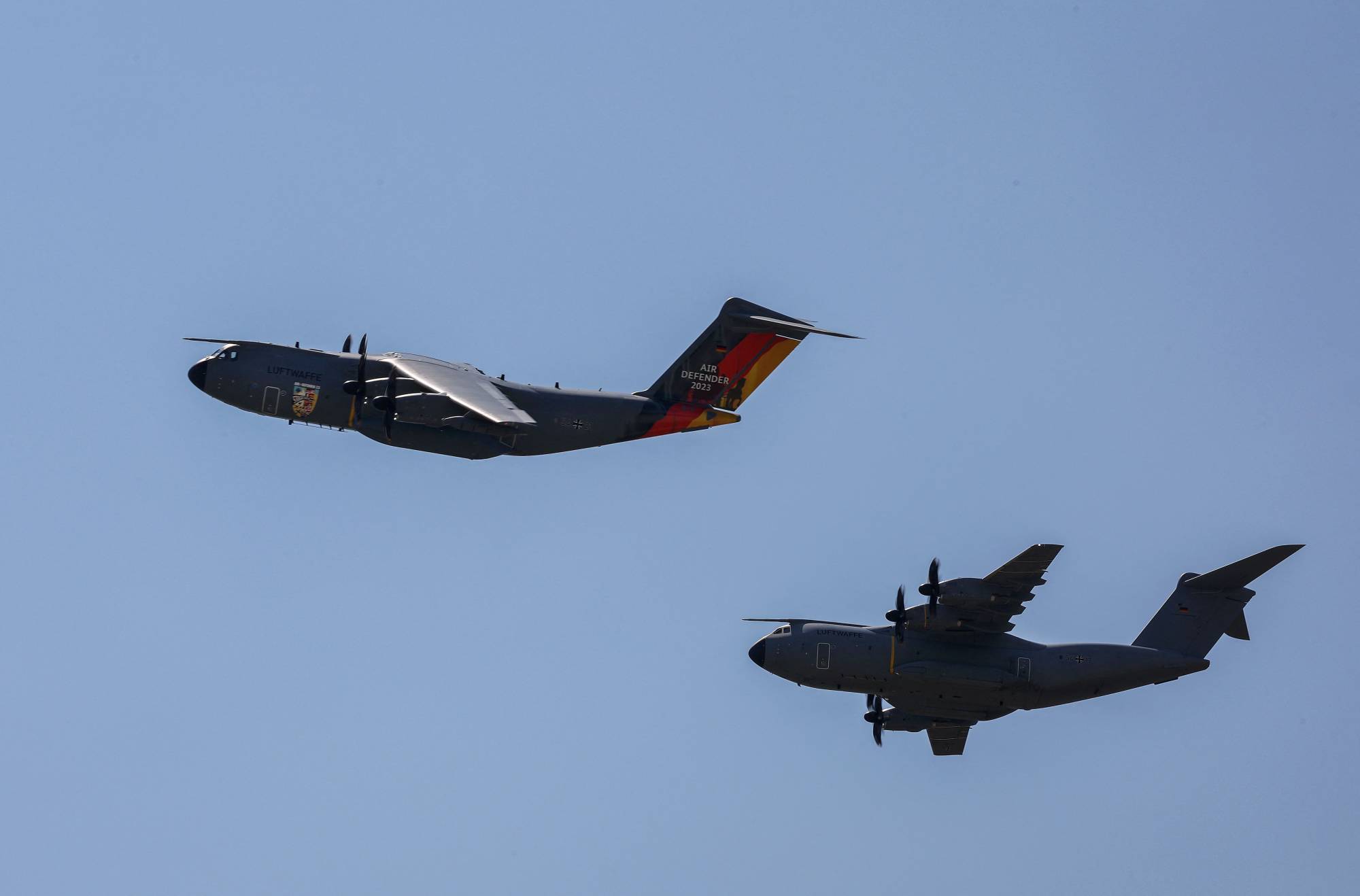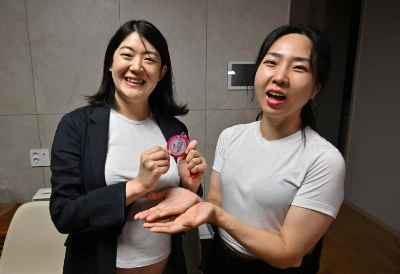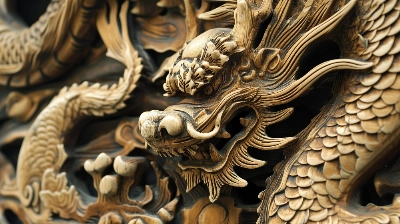Japan was in attendance at a large-scale air exercise by NATO members that kicked off Monday in Germany, as the alliance sought to highlight solidarity amid Russia's ongoing war in Ukraine — and reassert that its partnerships extend even to the Indo-Pacific region.
Labeled the “the largest deployment exercise in NATO’s history” involving allied air forces, the two-week Air Defender drills in European airspace involve around 10,000 personnel and 250 aircraft from 23 NATO members, as well as Sweden and Japan, including an Air Self-Defense Force transport plane.
An alliance spokesperson said the massive drills send “a clear message that NATO is ready to defend every inch of allied territory.”



















With your current subscription plan you can comment on stories. However, before writing your first comment, please create a display name in the Profile section of your subscriber account page.